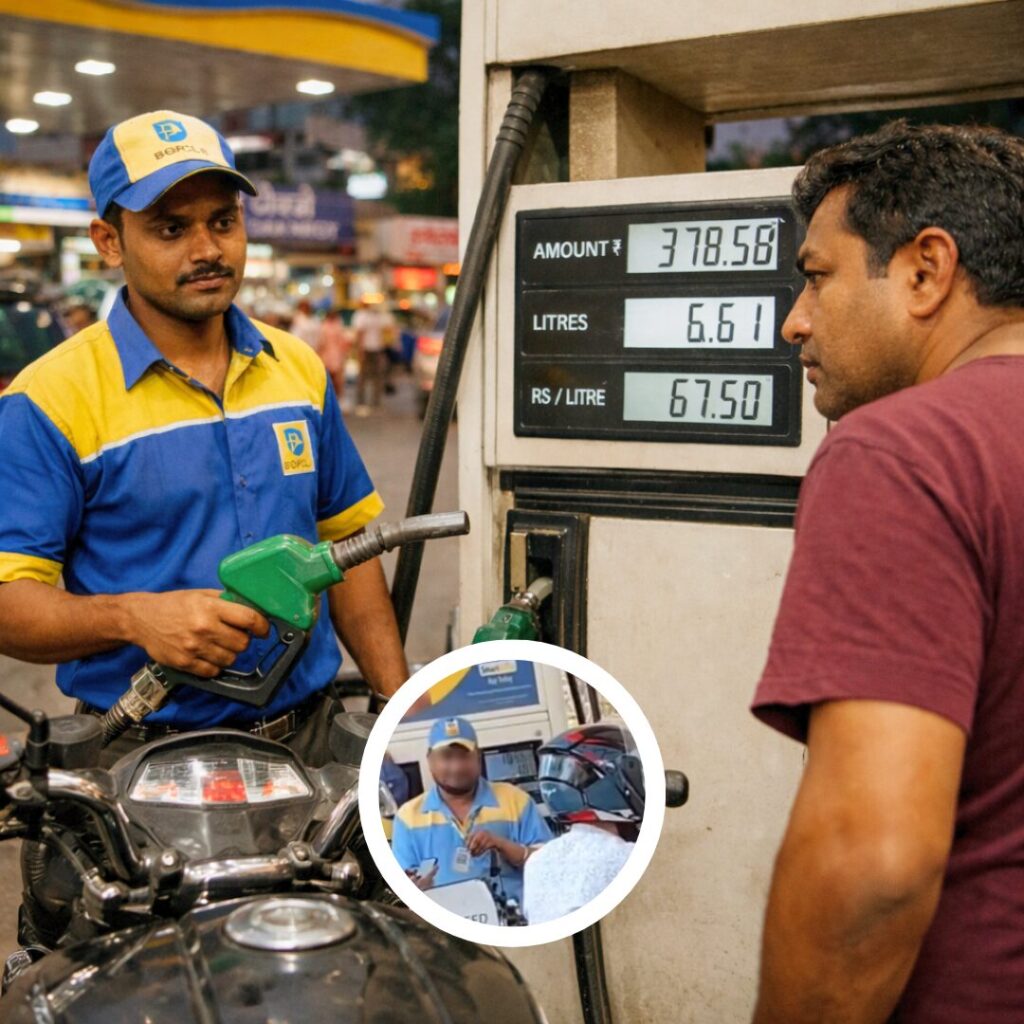In October 2025, Saudi Arabia officially abolished its 50-year-old Kafala sponsorship system, a reform that was announced earlier in June 2025.
This landmark change impacts over 13 million migrant workers, including 1.3 crore Indians, removing employer control over workers’ residency, job mobility, and travel rights. Migrants now have the freedom to switch jobs after contract completion, travel without asking employer consent, and access labour courts.
The reform reflects Crown Prince Mohammed bin Salman’s Vision 2030 goals of modernising Saudi Arabia’s labour laws and improving workers’ rights in line with global standards.
What Is the Kafala System?
The Kafala system, introduced in the 1950s during the Gulf’s oil boom, was a labour sponsorship framework tying migrant workers’ legal residency and employment status directly to a local employer or “kafeel.”
Under Kafala, the sponsor controlled the worker’s visa, ability to change jobs, and permission to leave the country, often confiscating passports and restricting movement.
It created severe dependence and resulted in widespread exploitation such as wage withholding and lack of legal protections, leading to international condemnation of the system as akin to modern-day slavery.
What Has Changed?
After the June 2025 announcement, Saudi Arabia formally implemented in October 2025 a contract-based employment system. This new framework grants workers the right to change employers freely after contract expiry, travel abroad without exit visas or employer approval, and retain their passports.
The government has introduced employment contracts and dedicated labour courts with complaint portals to enhance transparency and legal protections. These reforms empower migrant workers with autonomy and safeguard their rights to fair treatment and justice.
Earlier Scrutiny and Current Implications
The Kafala system faced increasing global criticism especially during events like Qatar’s 2022 FIFA World Cup, which spotlighted labour abuses across the Gulf.
Saudi Arabia’s abolition of the system is a historic departure from this legacy, signifying its commitment to improve labour standards as part of the Vision 2030 initiative. For millions of workers in sectors like construction, domestic help, and hospitality, particularly large Indian expatriate communities, this reform promises enhanced dignity, freedom, and rights protections.
It aligns Saudi labour laws with International Labour Organization standards and improves its international reputation as a fair employer.
The Logical Indian’s Perspective
This historic abolition of the Kafala system stands as a testament to empathy, dignity, and coexistence, values The Logical Indian upholds. It exemplifies how nations can evolve policies to protect the rights of migrant workers and reject exploitation.
Going forward, global governments, employers, and societies must collaborate to consolidate these gains and ensure sustained respect and justice for migrant labour.
News in Q&A
- What is the Kafala system, and why was it controversial?
The Kafala system, introduced in the 1950s across Gulf states including Saudi Arabia, was a labour sponsorship framework that tied migrant workers legally to local employers known as “kafeels.” These sponsors controlled workers’ visas, residency permits, job changes, and travel permissions. Workers could not leave the country or change jobs without their sponsor’s written consent. This created a severe power imbalance, facilitating exploitative conditions such as passport confiscation, wage withholding, and limited access to legal protections. Human rights groups widely condemned the system as a form of “modern slavery” due to these abuses. - When and why did Saudi Arabia abolish the Kafala system?
Saudi Arabia announced the abolition of the Kafala system in June 2025 as part of Crown Prince Mohammed bin Salman’s Vision 2030, a national initiative to modernise the economy and improve human rights standards. The reforms were officially implemented in October 2025. The aim was to enhance labour rights, increase worker freedoms, and improve the kingdom’s global image amid mounting regional and international pressure and scrutiny. - What major changes does the abolition bring for migrant workers?
The reform replaces the employer-centric sponsorship system with a contract-based employment framework. Migrant workers can now change jobs freely after contract completion without employer consent, travel in and out of Saudi Arabia without needing exit visas or sponsor approval, and retain possession of their passports as confiscation is now illegal and punishable. The government also introduced digital employment contracts and set up dedicated labour courts and complaint portals to ensure transparency and offer legal protections, empowering workers with greater autonomy and protection. - Who benefits most from this reform?
Over 13 million migrant workers in Saudi Arabia, including approximately 1.3 crore Indians, benefit from these changes. The reform impacts workers across many sectors including construction, domestic work, hospitality, and agriculture. The Indian government is actively cooperating with Saudi authorities to ensure the protection and welfare of its nationals amid these changes. - What were the broader implications and how has the system come under scrutiny?
The Kafala system came under intense global condemnation for enabling exploitation and human rights abuses. It gained heightened scrutiny during global events such as Qatar’s 2022 FIFA World Cup, where labour abuses on similar sponsorship systems were exposed. Saudi Arabia’s abolition of Kafala aligns its labour laws with International Labour Organization standards and marks a major policy shift in the Gulf towards dignity, fair treatment, and modern labour practices.












